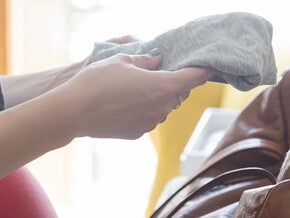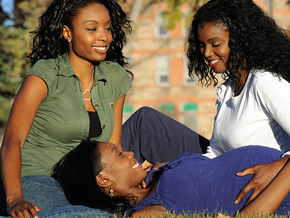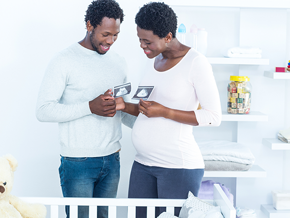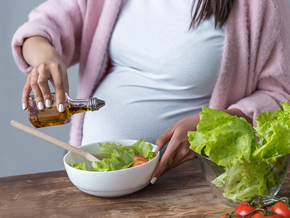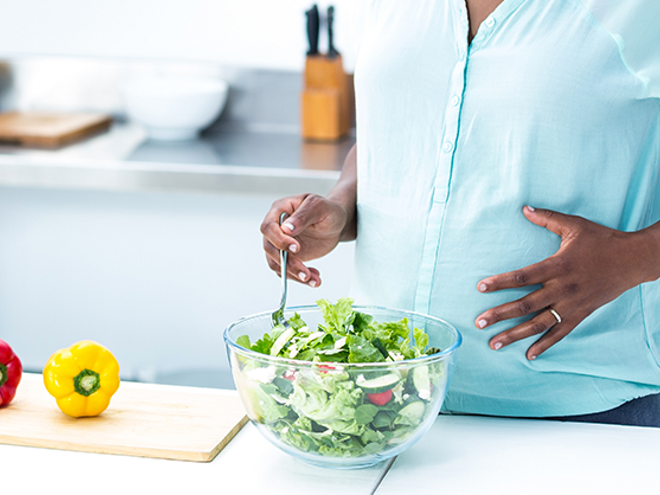
Week 20
There’s so much going on in your belly this week that you may want to take a little nap after reading about it! Read more about this week.
BABY DEVELOPMENT
Your baby is growing increasingly fast, especially when it comes to brain development, which is quite accelerated right now. Her body has really grown which makes her head seems less big now. If your baby is a girl, her ovaries are equipped with enough primitive cells to produce 6 million eggs! But from this stage of development on, that number will start to reduce, plateauing off at around 1 million at birth. Her pancreas is starting to produce insulin, a hormone that will regulate sugar levels in her blood her whole life. It also allows your baby's body to use sugar and fat for her growth, which is accelerating now, and to stockpile it subcutaneously for her birth. Clever, eh?
YOUR BODY
Have you felt your baby move yet? What a wonderful moment! To get the most enjoyment from it, lie down or sit down and relax. Then you will be able to feel the jerking most clearly. When you move around, you are actually rocking your child back to sleep. And he or she is still sleeping for up to 20 hours a day. Most babies have their most active phase in the evening between 8 p.m. and 11 p.m.
But you will still need a bit of patience to be able to detect the movements correctly. At the beginning, you will probably feel nothing more than a gentle twitching or jerking. The kicks against the belly only become really clear from the 25th week onwards. And it will be several weeks before the father-to-be can also experience this great moment.
NUTRITION
Chances are, you’ve been told of the importance for fluoride for both your and your baby’s future teeth. Some studies have observed a 35% reduction in cavities by 6 yrs of age in children whose mothers drank fluoridated water during pregnancy. Some countries, like Switzerland, have opted to fluoridate tap water to prevent cavities. All this to say that fluoride intake during pregnancy can protect your child’s teeth (his permanent teeth start to mineralise virtually after birth). The good news? Modern eating habits mean we rarely miss out fluorine. We drink mineral waters and eat lots of fish and green vegetables like lettuce and spinach (some fruits have it too, especially apples).
TIPS
Cats have been given a bad rap with relation to pregnant women. Could your cat transmit a potentially dangerous disease - toxoplasmosis - to the baby? While there is no need to send your pet away until the baby is born you do need to take certain precautions, particularly if your cat is young. Kitten faeces can indeed transmit toxoplasmosis. It is quite common and most women develop it without even realizing. Highly dangerous to your unborn baby, fatal even, to avoid the risk, entrust all cat litter maintenance to a third person and wash your hands regularly after touching your cat.




